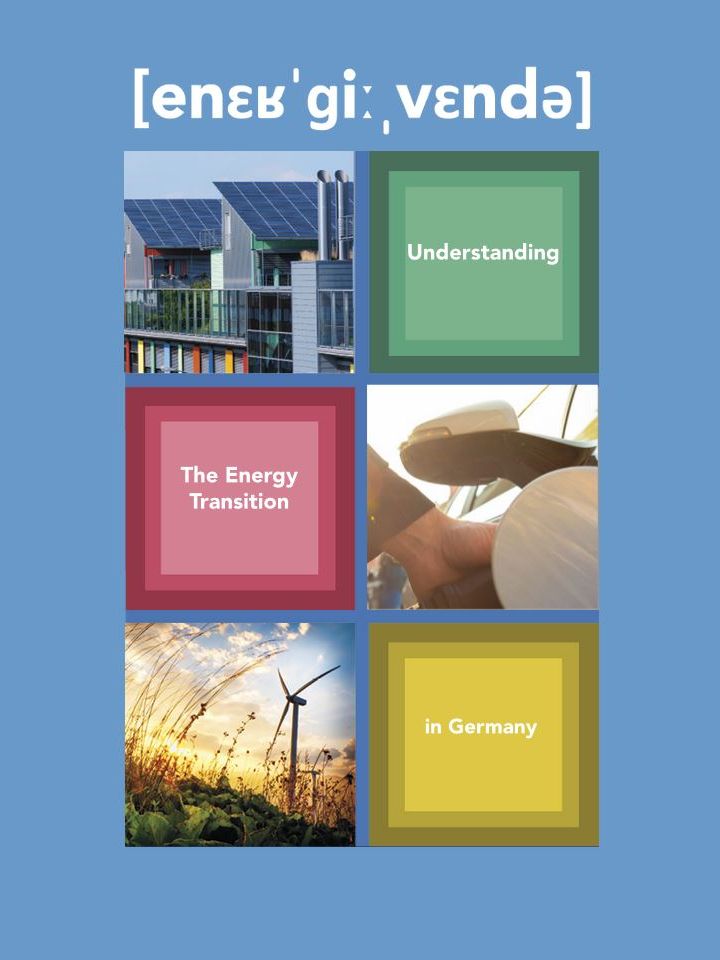This booklet and accompanying brochure will serve as a primary outreach and informational tool on the Energiewende, serving to initiate further collaboration between policymakers, industry leaders, and the general public in Germany and the US in addressing issues in energy and climate change, presenting key relevant facts within an accessible and convincing narrative.
Targeted communication
The booklet will be targeted to US readers from the policy, energy, and business sectors, but the language and style will be accessible to the general public. Although the relationship between Germany and the US will serve as a basis for conceptual understanding, the applicability of the booklet will extend to any English-speaking (international) context.
Energiewende as a process
Germany’s Energiewende began as an ambitious agenda to revolutionize the energy landscape in Germany, motivated by popular desire to abandon nuclear power in the nation and to enhance climate protection. The strategic implementation of various measures and the establishment of updated targets were necessary to keep pace with technological and political change. What has evolved through the process is a democratization of energy by way of a national consensus supporting the continued transition to renewable energy sources and promoting primary energy consumption, specifically energy efficiency. The Energiewende has played a critical role in educating German citizens about climate change, making them part of the solution. Additionally, it has presented private industry opportunities to lead the world in developing clean energy solutions.
Learning from the Energiewende
Germany is regarded as a world leader in clean energy, primarily due to the efforts of the Energiewende. The lessons learned are of great importance for other countries as they prepare to undertake their most ambitious steps yet toward climate change mitigation and clean energy policies. For the United States, where economic issues, political gridlock, and tradition add to the complicated mix of potential hindrances to progressive energy policy, the German experience is relatable, as Germany has been required to face these same issues.
Transatlantic cooperation
Although there exists material about what the Energiewende is, there is a decided lack of information explaining the visionary process, the political negotiations, and the direct and indirect impacts of the Energiewende for the US reader. Because of the strong bilateral relationship between Germany and the US, as well as the influential role each nation plays on the global stage, it is imperative that Germany and the US are united in addressing the fundamental issues of energy and climate change the 21st century.





